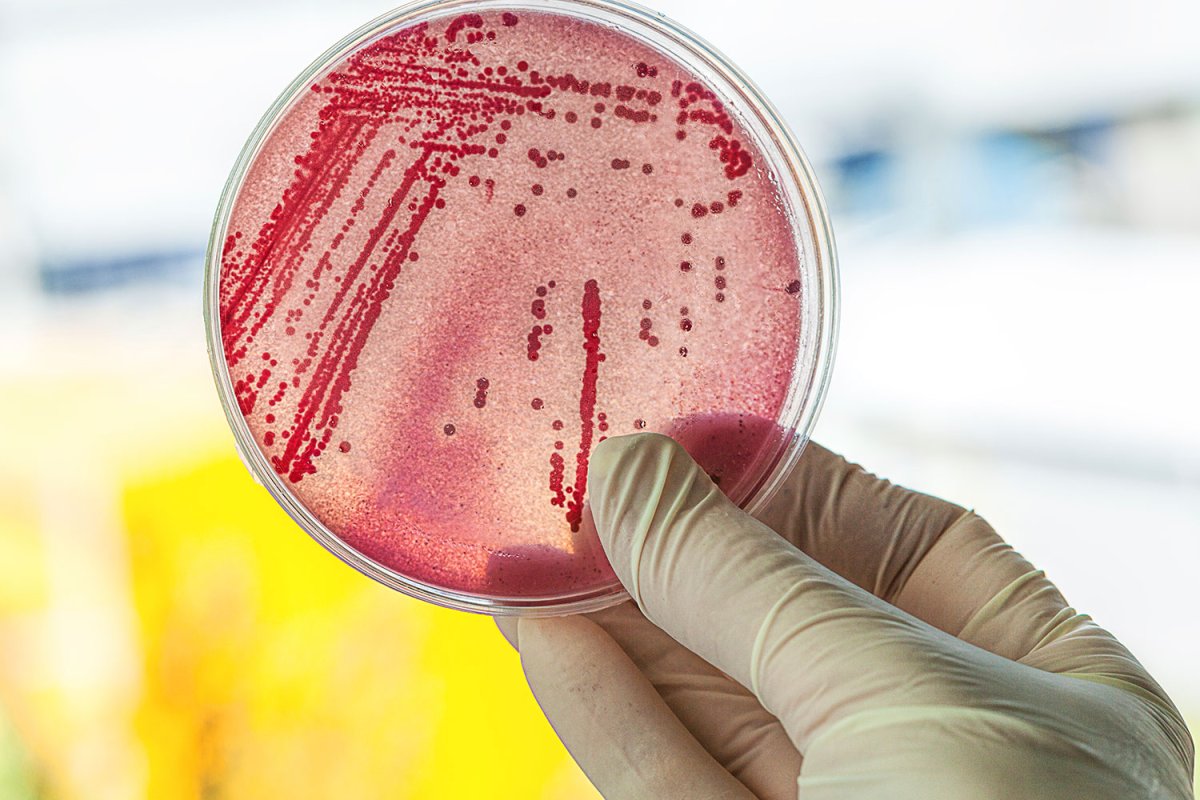White House OSTP recognizes University of Minnesota for commitment to advancing microbiome research

Initiative includes CSE assistant professor Dan Knights
MINNEAPOLIS / ST. PAUL (05/13/2016) – The University of Minnesota’s commitment to developing better microbiome methods for use in translational medicine, industry and agriculture research was recognized today by the White House Office of Science and Technology Policy.
The recognition comes as part of the White House OSTP’s announcement of the National Microbiome Initiative, an effort to advance understanding of microbiome, the communities of microorganisms that live on and in people, plants, soil, oceans and the atmosphere and are essential to the health of the planet. The U of M, a participant in the new initiative, has recently committed more than $5 million to advance microbiome research.
“The University of Minnesota is on the cutting edge of microbiome research,” said Brian Herman, Ph.D., the University’s vice president for research. “The University has remarkable strengths in and across the academic disciplines involved in this rapidly growing field, including medicine, agriculture, industry, the environment and informatics, just to name a few.”
The University’s recent microbiome research includes:
- Agriculture: Researchers are studying how to cultivate and maintain beneficial microbial diversity to maintain a sustainable food supply for future generations. Ongoing projects include work to better mitigate plant and animal diseases through antibiotic alternatives and to develop microbiome-based growth promoters.
- Medicine: Researchers are studying the human microbiome to understand metabolic, autoimmune and neurobehavioral disorders, along with infectious diseases. U of M researchers were the first to demonstrate the effectiveness of transplanting a healthy microbiome to treat a potentially fatal, antibiotic-resistant infection of Clostridium difficile. Moving forward, the University is at the forefront of transplantation research for treating and preventing diabetes, obesity and life-threatening infections.
- Environmental conservation: Researchers are studying soil, plant and water microbiomes in crucial environmental habitats. Major projects include research into the Mississippi River microbiome, studies of groundwater and wastewater treatment microbiomes, and exploring invasive plant and mussel microbiomes to develop strategies to prevent their spread.
- Measurement and informatics: To provide a strong foundation for future microbiome research efforts across disciplines, researchers are developing better methods of sequencing, measuring and analyzing microbiome data. The Minnesota Microbiome Data Engine, a resource capable of generating enormous quantities of microbiome data using precise measurement and analysis, will improve the potential for microbiome-based clinical diagnostics and allow more accurate measurements of microbial communities in all fields. Other efforts include improved machine learning and data mining techniques to help researchers discover biological disease indicators and build predictive disease models.
“Many of the microbes that are vitally important to the health of our bodies and our planet’s ecosystems remain mysterious to us from a scientific standpoint because their interactions are so complex,” said Dan Knights, Ph.D., assistant professor of computer science and engineering with the University’s College of Science and Engineering and BioTechnology Institute. “Through research into the function of microbiomes and the development of new microbiome methods, we can illuminate the large role these tiny organisms play and better understand how natural systems work.”
The White House OSTP will hold an event from noon to 3 p.m. CST today, May 13, 2016, to announce the National Microbiome Initiative. Watch the live stream here:https://www.whitehouse.gov/live
